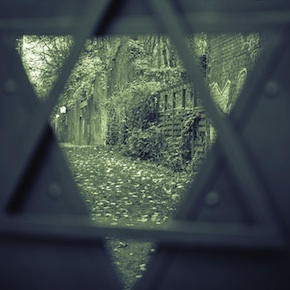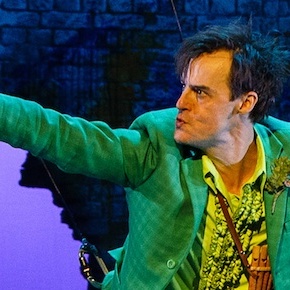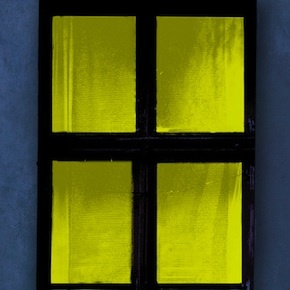
Scenes from a Troubles childhood
“Where do you get your ideas?” Or, to paraphrase, “You look like a pretty normal person to me, so where did all that come from?” It’s the baseline question, the one we’ve all been asked. Often, the questioner is really asking something more specific: “How much of your book is written from life?” or “Did...

A wonder to behold
Imbolo Mbue made headlines in the publishing world a couple years ago, when Random House snapped up her debut novel The Longings of Jende Jonga with a million-dollar pre-emptive bid. Mbue, a former market researcher left unemployed after the 2008 crash, had written the story of an African immigrant (like her, a native of Cameroon...
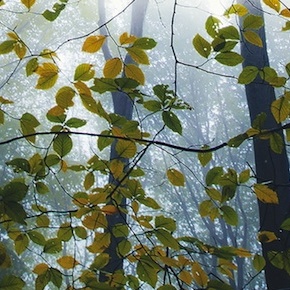
Out there
The Doll Funeral began as an image of a young girl running out from the back door into an unkempt garden. In my mind it’s as if there is a camera tracking behind her. The camera follows her out into the garden where she jumps off the step, runs through the overgrown grasses and begins...
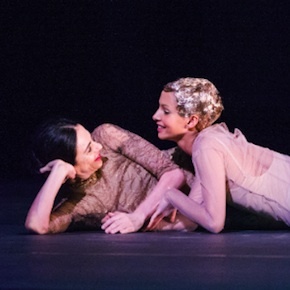
An unfailing life
The disjunction between mundanity, imaginary parallel lives, present reality and past fantasy, mental fragmentation and the undeniable plenitude and promise of a ‘what if’ life create a grippingly fragile harmony, channelled by a particularly redolent choreography that always treads on the verge of a tremendous crisis. The sensual Woolf, the shrewd observer and creator, the...
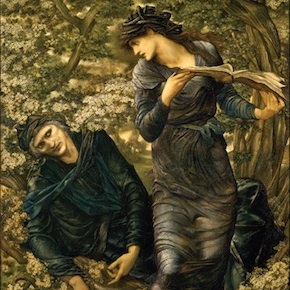
Vagrant tales
Before Greece embraced modernity and its marvels, it was a nation of stark realities and pernickety sprites. Lore and legend held as much validity as did hard facts in the popular imagination, but also in the synthesis of what was no less than a national soul. Sprites, trolls, crones, harridans and ogres, with innumerable names,...
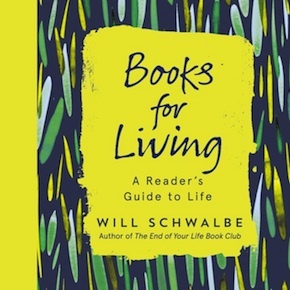
In defence of book learning
Running for President in 1952, Illinois Governor Adlai Stevenson came up with a peculiar rallying cry. “Eggheads of the world, unite!” he declared in a stump speech. “You have nothing to lose but your yolks!” These days, of course, such a bad pun wouldn’t make it out of a Democratic Party focus group alive, but...
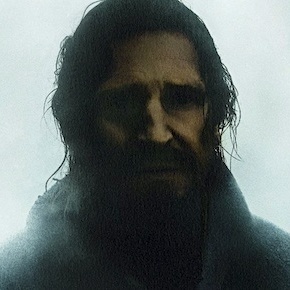
On Silence
How do you tell the story of Christian faith? The difficulty, the crisis, of believing? How do you describe the struggle? There have been many great twentieth-century novelists drawn to the subject – Graham Greene, of course, and François Mauriac, Georges Bernanos and, from his own very particular perspective, Shusaku Endo. When I use the...

Electoral collage
There is a form of mass hysteria sweeping the American populace at this moment. It’s something a bit like the Rage Virus, although those infected mostly stop short of physical violence and settle for just calling each other names and then blocking each other on Facebook. Watching it from across the Atlantic, I’d be terrified...
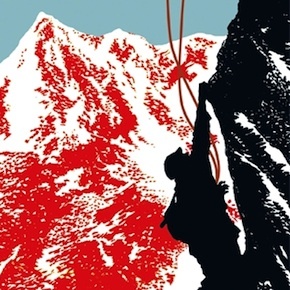
Dreamland
No Picnic on Mount Kenya is neither a war memoir nor the travel log of an exotic mountaineering expedition; neither history pure and unimpeachable, nor a novel where the imagination is given free reign; it is neither biography nor documentary. It is, and explosively, all of the above – a grippingly beguiling tale as well...

Read the world
“There is only one way to read, which is to browse in libraries and bookshops,” wrote Doris Lessing in the introduction to The Golden Notebook (1962). That post-modernist novel famously pieces a life back together through multiple, juxtaposed experiences in and outside time and consciousness, through and because of writing, as it seeks to create...

